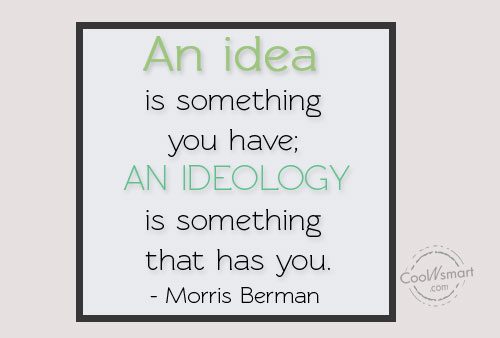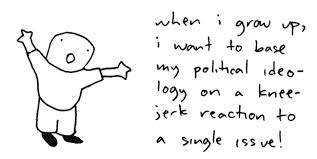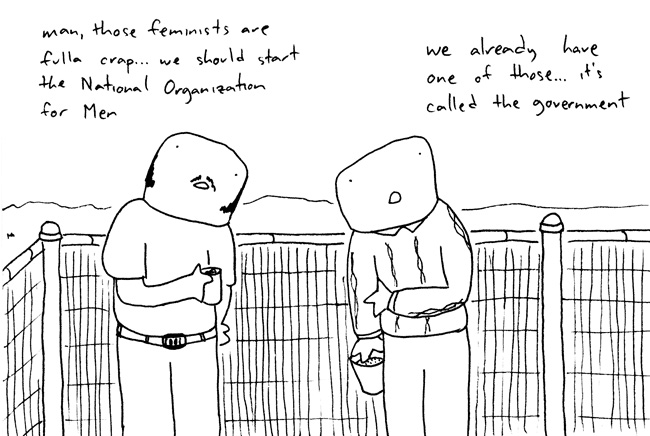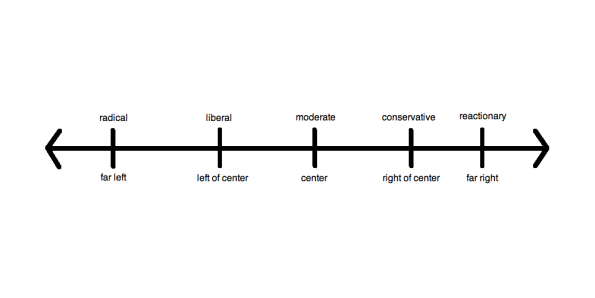Word Of The Month: Ideology
An ideology is a set of ideas or beliefs that constitute a way of looking at things. It is a belief framework about the proper order of things in an ideal society and how we can achieve it. Although this sounds very abstract, in reality it is ideology that drives various political, economic and social positions or movements.
This is the most basic of all ideological questions: Preserve the present order, or change it? At the French Assembly of 1789, the delegates who favoured preservation sat on the right side of the chamber, while those who favoured change sat on the left. The terms right and left have stood for conservatism and liberalism ever since.’[E1]
Ideology can be used in a specific sense to differentiate between different groups of thought. For example, the ideological differences between economic policies of neoliberalism and socialism define the two widely differentiated perspectives within the same domain.
However, even one ideology can be deconstructed into a range of beliefs. Some Catholics, for example, believe strongly in all church teachings, while others believe that issues like birth control, the freedom for priests to get married, or concepts on sin in general are outdated. These more liberal Catholics feel as much a part of the church as do more fundamental Catholics. Catholics for Choice, for example, is an organization that believes that the right to abortion can be reconciled with the Catholic faith. [E2]
Pro-choice and anti-choice (the so-called pro-life) are ideological positions in opposition to each other although most people would fall somewhere in the middle. They would accept the need for having an abortion for a pregnancy due to rape but baulk at one for sex selection. They would accept one for an unmarried teenager but perhaps not for a married woman with no children.
Personal ideologies are often defined by the family, peers, educational systems and general societal culture. Ideologies are really a collection of a set of values related to a specific issue or a related set of issues.
“Values are concepts or beliefs about desirable end states or behaviours that transcend specific situations, guide selection or evaluation of behaviour and events and are ordered by relative importance” (Schwartz et al., 1987).
“Values are enduring beliefs that a specific mode of conduct is personally or socially preferable to an opposite or converse mode of conduct”. (Rokeach, 1973).
Values are what we hold dear and think is important. They influence how we conduct ourselves and live. They serve as our internal road map. Values play a key role in the decisions we make, what we spend our time and energy on and how we act. They tend to assume a pattern in our lives.
According to Milton Rokeach, values clarification is the process of examining one’s basic values and moral reasoning (Rokeach, 1973).
Values clarification is a tool often utilized to help members of a community such as healthcare providers to understand their position with relation to certain sexual and reproductive rights issues. These were used for understanding and responding to the stigma faced by HIV and is also increasingly used by pro- choice advocates to address the perspective of safe abortion access as a women’s human right.
Here are some excellent resources for values clarification:
- http://www.prochoice.org/pubs_research/publications/downloads/professional_education/abortion_option.pdf
- http://www.ipas.org/~/media/Files/Ipas%20Publications/VALCLARE08.ashx
- http://www.reproductiveaccess.org/integrating_reprohealth/downloads/ValuesClarificationWorkshop.pdf
- http://www.arhp.org/uploadDocs/Hart.pdf










